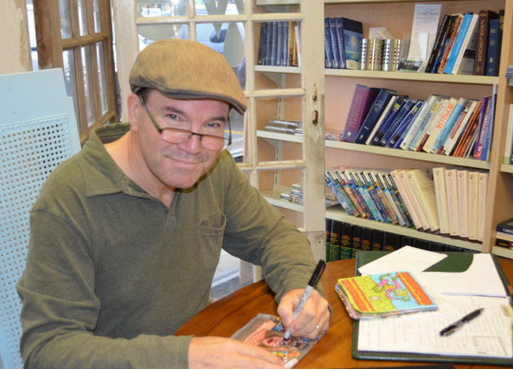
It’s easy to tell someone to avoid predicting failure. That’s the solution to the embarrassment above after all, right? Yes, maybe. But don’t you also abrogate your responsibility if you aren’t honest in your evaluation of someone else’s chances of success, if they ask you for your opinion?
All one has to do is look at all the poor schmucks who have auditioned on American Idol thinking they have great voices. Who gave them that idea? parents, friends, loved ones who were either tone deaf or unable to be honest in telling them the truth about their ability. Being a coward in communicating with a friend is being no friend at all.
On the other hand, what’s the point of making some ignorant or snap judgment about someone’s abilities? There is room for giving someone hope, for encouraging and believing they can accomplish what they are setting out to do. With me, if I am not completely sure, if there is any glimmer of hope, I always err on the side of ‘you can’ over ‘you can’t’.
Drawing and commentary © 2019 Marty Coleman | napkindad.com
Quote by Sam Ewing, 1920-2001, American writer and humorist


>I think she does too. I don't mind it when it has a 'yet' after it. As in 'I can't play the piano very well, YET.' That always leaves the door open for improvement!
>My nana always said "can't" isn't a word. I'm not allowed to use it around her. I think she obviously has the right idea…
>this is so true!
>I agree. "You can" is so so much better than "you can't".
>once again, "consider the source" when receiving an opinion. but when deciding whether or not to opine about someone's chances of success, it doesn't hurt to evaluate your own motives. jealousy often plays a role in telling someone they can't succeed. After I graduated from college and was job hunting I had a disgruntled sibling tell me that I should apply as a toll-bridge collector! I laugh at it now but at the time…well, needless to say, I stopped looking for encouragement behind that door!